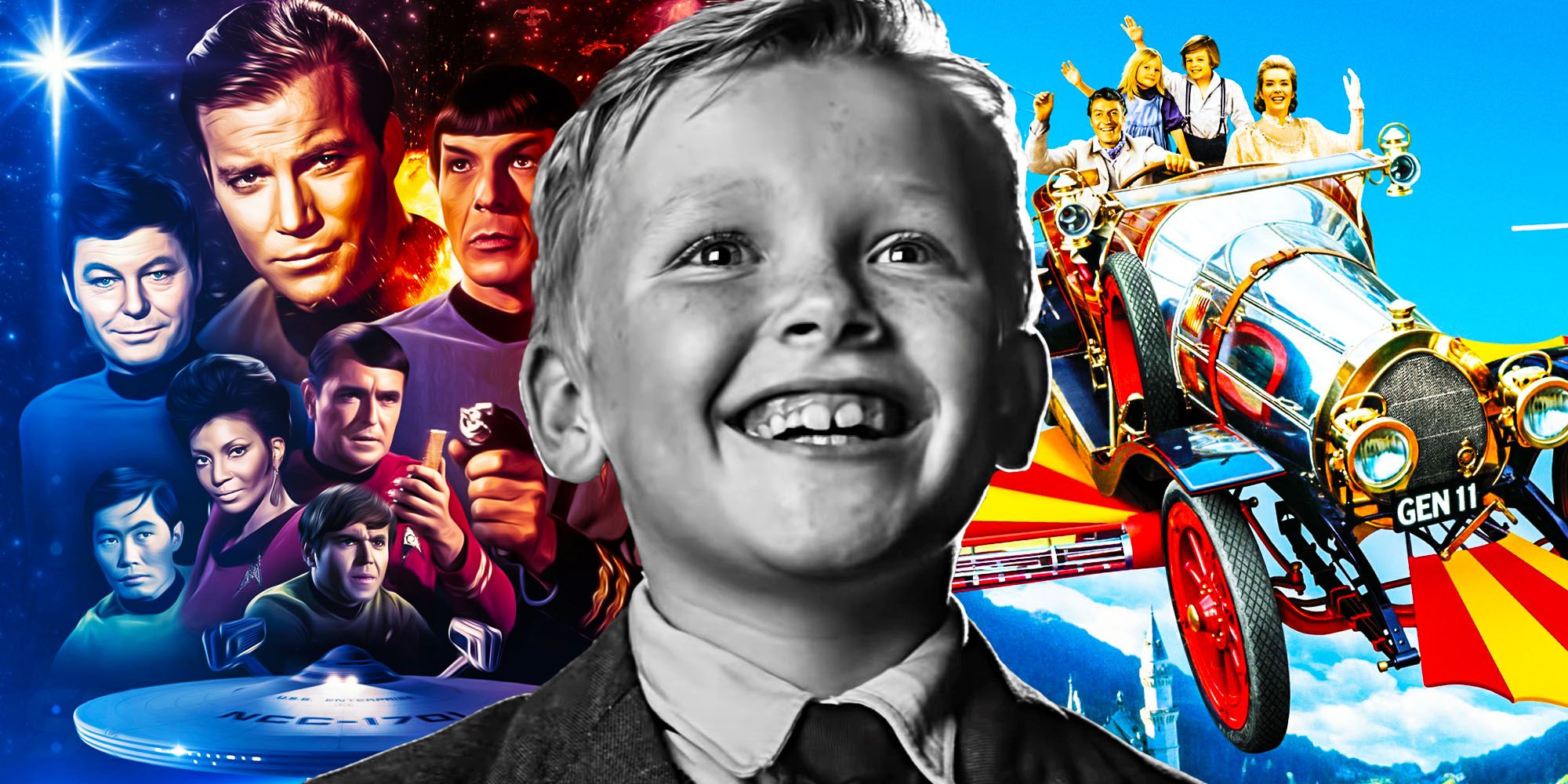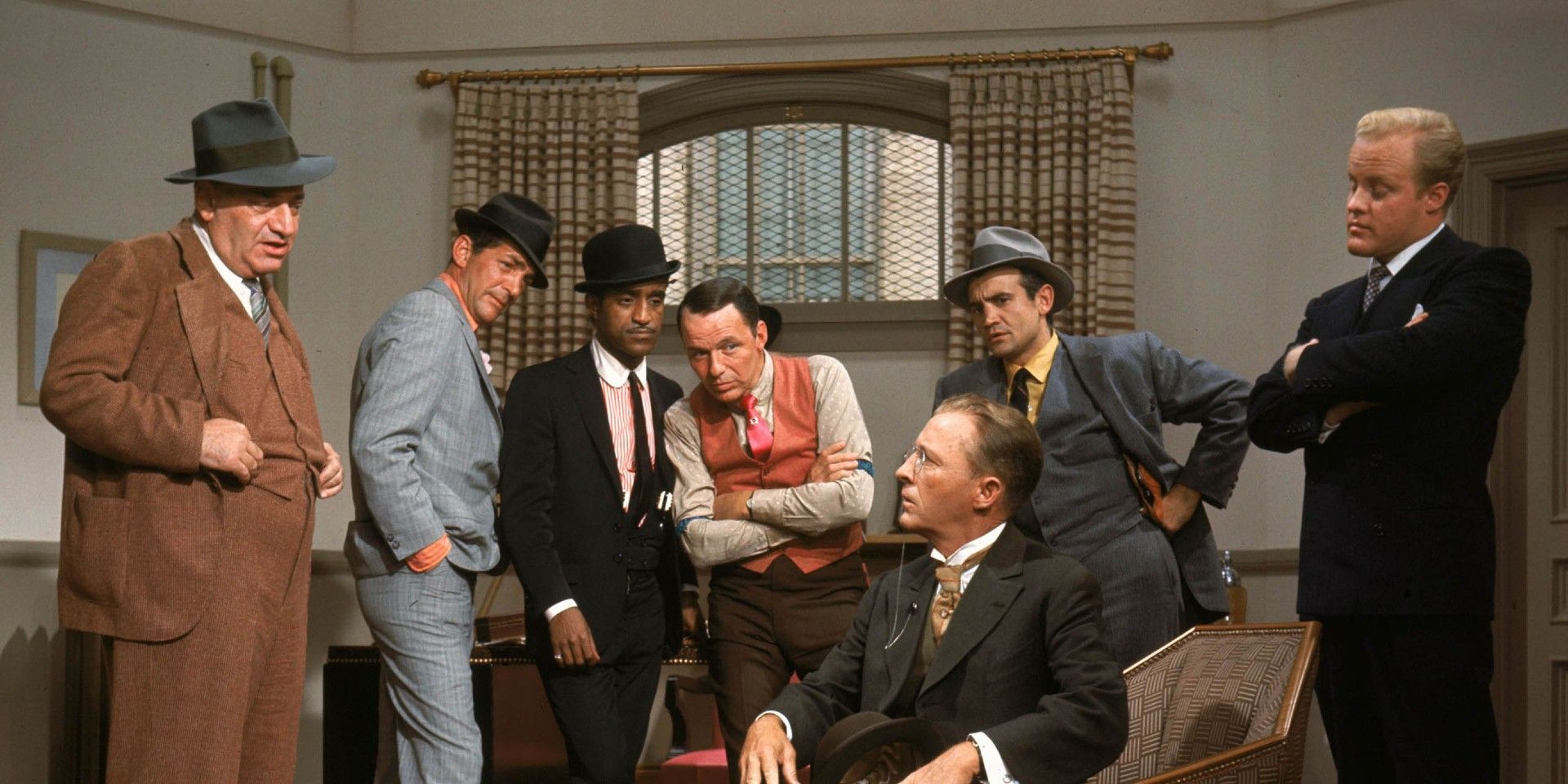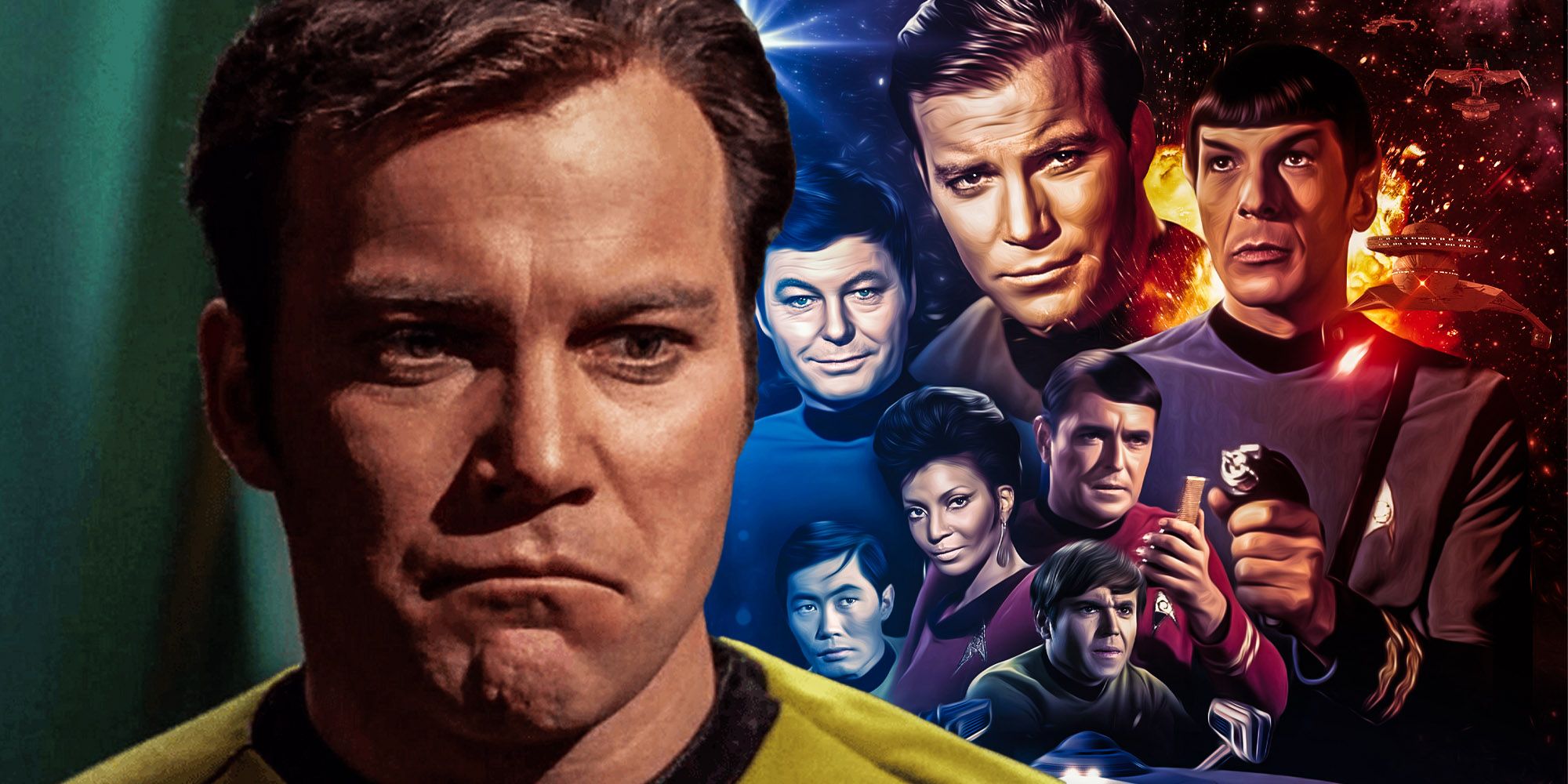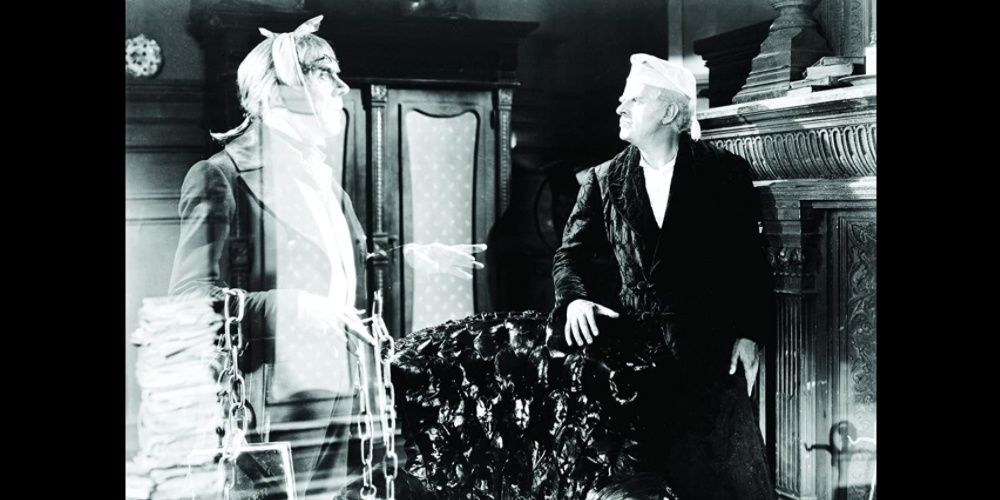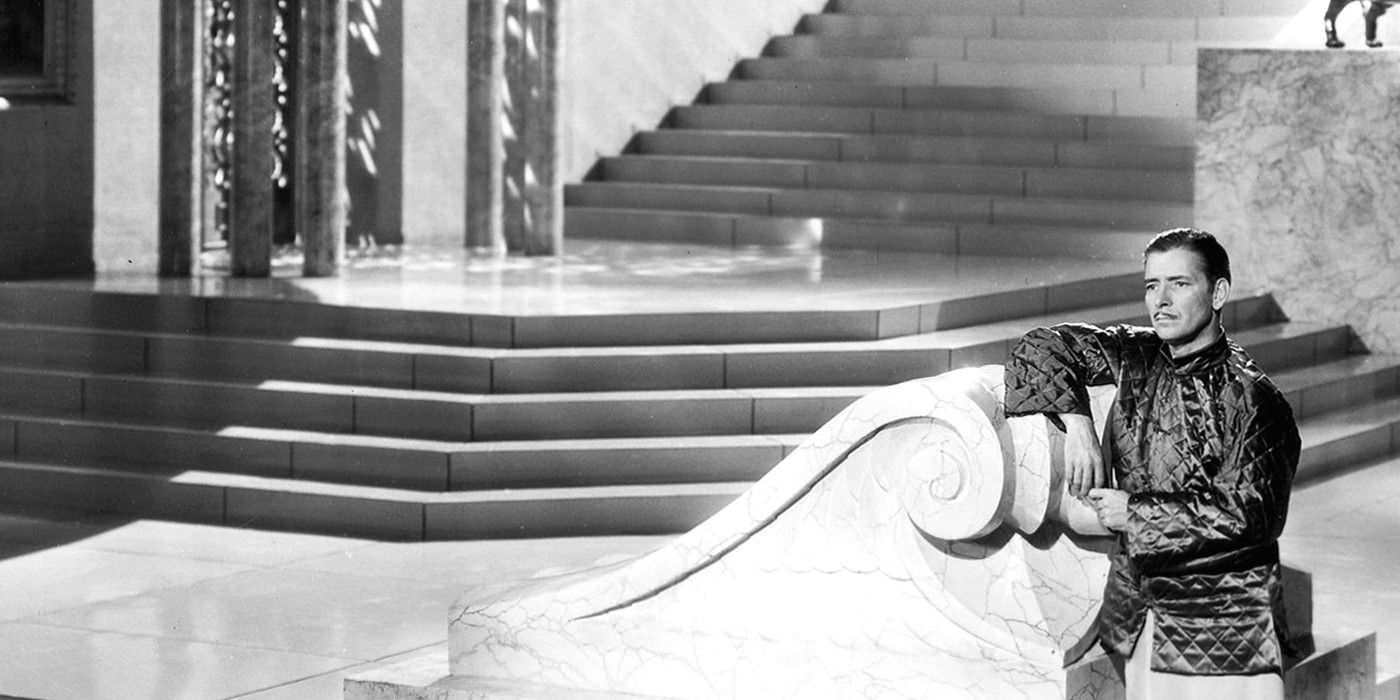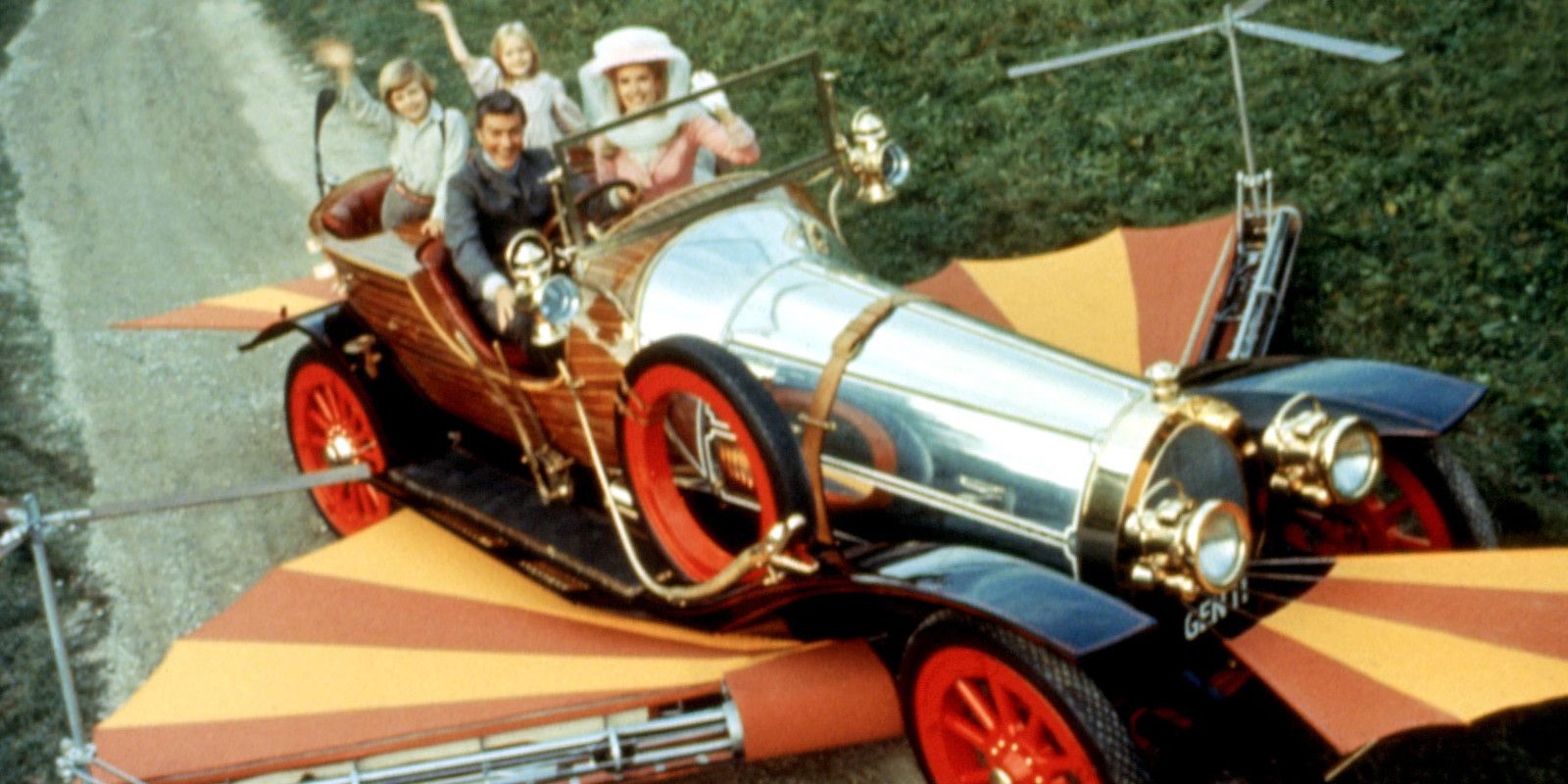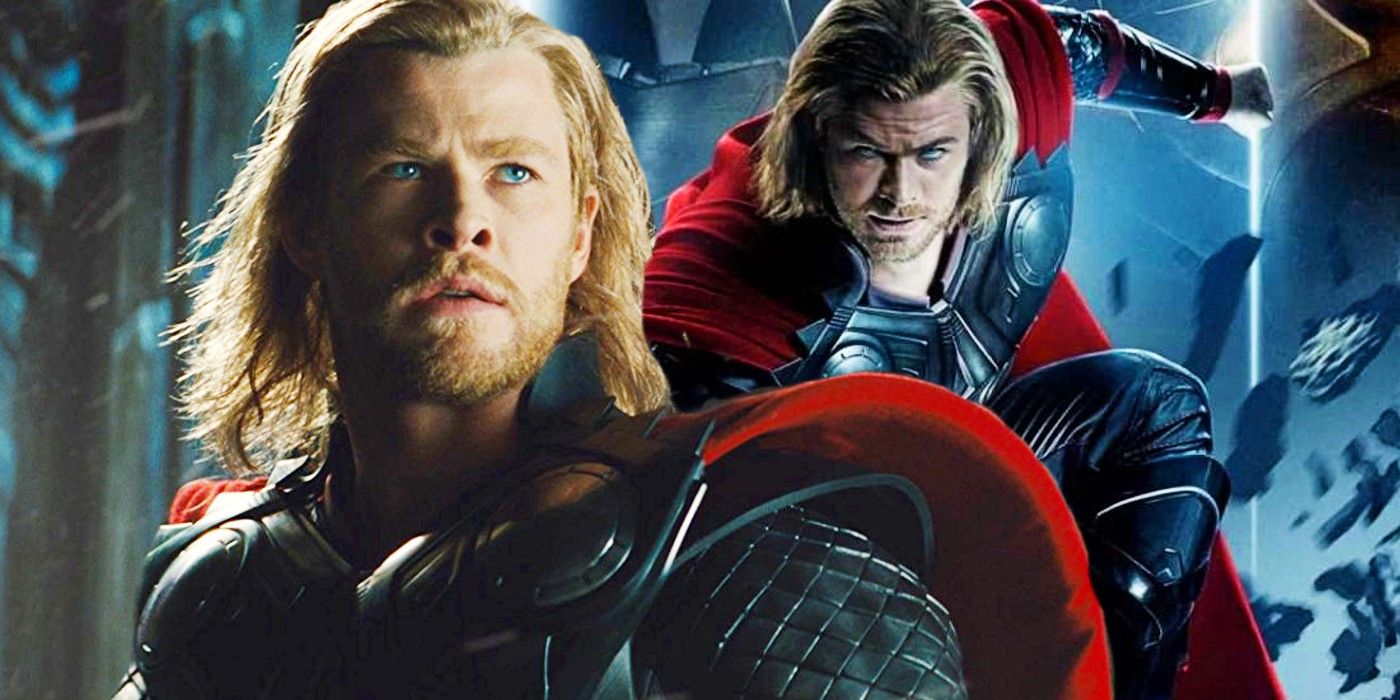Kenneth Branagh’s Belfast comes to theaters nationwide this weekend and features a smattering of Easter eggs and references to plays, comics, and other movies. The film follows Buddy (Jude Hill) and his family in the titular city in Ireland. At the time the movie takes place, the late 1960s, Belfast was in the midst of a political conflict known as “The Troubles.” While some only witness these kinds of conflict from afar, Buddy has the misfortune of watching some of it unfold right outside his door on the street where his family lives.
Although Buddy’s father (Jamie Dornan) does his best to stay out of the conflict, the family is still affected by it and Buddy finds respite in the pop culture of the period. Being semi-autobiographical in nature, it comes as no surprise that Branagh (who is known on-screen for roles such as Harry Potter's inept Defense Against the Dark Arts teacher, Professor Lockhart) makes reference to other films in Belfast. The movie provides insight into the sort of media that Branagh consumed as a child and even pays homage to his own directorial filmography late in the film.
Some of the Easter eggs will be easily caught by audiences but a few of the films mentioned are a little more obscure. Each reference in the movie serves as a means of either grounding audiences in the setting of the late '60s or reveals information about the characters. Ranging from fantasy films to classic sci-fi television shows, here’s each movie reference and Easter egg in Belfast.
Robin and the 7 Hoods
One of the earliest references to another film in Belfast is a 1964 adaptation of the tale of Robin Hood, a character who has been seen on screen many times (including the brutally reviewed 2018 Robin Hood). The biggest change Robin and the 7 Hoods makes is moving the story from its traditional English setting to a gangster-ridden Chicago of the 1920s. Starring Frank Sinatra, Dean Martin, Sammy Davis Jr., and Bing Crosby as iterations of Robin, Little John, Will Scarlet, and Alan of Dale, respectively, the film also added a musical aspect to the story.
The reference comes in an early scene in Belfast when Buddy expresses a desire to see Robin and the 7 Hoods at their local theater. Although the movie came out in 1964 and Belfast takes place in 1969, new movies were not as readily available for viewing as they are in the present day so theaters would often offer screenings of previous releases. The mention of the movie introduces audiences to Buddy’s excitement for films. It's also reflective of Branagh’s own love for the medium and how its impact on him as a child led to his respected career as actor-filmmaker (even if some of Kenneth Branagh's movies far outrank others in terms of quality).
Star Trek
As Buddy’s mother (Caitriona Balfe) and grandmother (Judi Dench) have a quiet discussion next to the television in their Belfast home, Buddy and his older brother watch the opening credits of the original Star Trek series. The brief appearance of the iconic tv show marks the late '60s time period of Belfast, as the show's original run ended in 1969. The futuristic nature of the show also hints at Buddy’s predisposition to wonder about the future of his family. The show followed the travels of the Enterprise's Captain Kirk and crew to new places, which may have been a subtle foreshadowing of the possibility of Buddy’s family leaving Ireland.
A Christmas Carol
In the middle of the movie, Buddy’s grandmother takes him to see a live stage production of Charles Dickens’ A Christmas Carol. The familiar story of Ebenezer Scrooge has a small but notable moment in Belfast, as Buddy and his grandmother take in and discuss the scene in which Scrooge is confronted by the ghost of his former partner, Jacob Marley. The inclusion of the scene shows how live theater performance was a part of his childhood in Northern Ireland, leading to the beginning of his acting career on the stage. Branagh utilizes color changes in his film (similar to the color changes in The French Dispatch, Wes Anderson's fellow 2021 release) and the scene from the play is shown in color in contrast to the black-and-white used for the rest of the movie, which shows the excitement it brought to Buddy’s life.
Lost Horizon
On the way home from the play, Buddy has a conversation with his grandmother about movies in which she asks him if he has ever seen Lost Horizon. The 1937 movie is an adventure-fantasy film directed by Frank Capra, the prolific director of famous films like It’s A Wonderful Life, and follows a group of British adventurers who find a mysterious and magical place in Asia known as Shangri-La. The movie starred Ronald Colman as the lead, a very dashing and popular British actor of the '30s and '40s.
Buddy’s grandmother explains the plot to him and tells him of how she had wanted to see the mythical Shangri-La (also referenced in WandaVision). Buddy then asks her if she ever made it there, not understanding that the location was fictional. The brief description of the film offers some insight into life in Northern Ireland from the perspective of an older generation, Dench displays the hope her Belfast character had of seeing things outside of her native country.
Chitty Chitty Bang Bang
Buddy first mentions this Dick Van Dyke led musical-fantasy on the same trip home from A Christmas Carol, telling his grandmother that is a movie about a flying car. Released in 1968, Chitty Chitty Bang Bang was loosely adapted from a children's novel by James Bond author Ian Fleming and remains popular for family viewing even in the present day. After mentioning it to his grandmother, Buddy’s family attends a screening together and is engrossed in the film, emphasizing how eager the family was to escape from the struggles surrounding them in Belfast. The clips seen in the film are shown in their original Technicolor format, showing how exciting a trip to the movie theater was in those times as the colors and spectacle brighten their lives.
Thor
The final Easter egg in Belfast doesn’t significantly add to the story, although its inclusion is also appropriate for the time period. At one point in the movie, Buddy is seen reading a Thor comic and his father asks him what’s happening in the comic. Marvel’s Thor as known by audiences was first introduced in the '60s, known as the Silver Age of comic books, and the appearance again points to Buddy’s immersion in the more fantastical pop culture of the day. Branagh's inclusion of the Thor Easter egg is probably less relevant to the story of the film than it is to Branagh’s filmography, as he was, of course, the director of the MCUs introductory film to the character.

